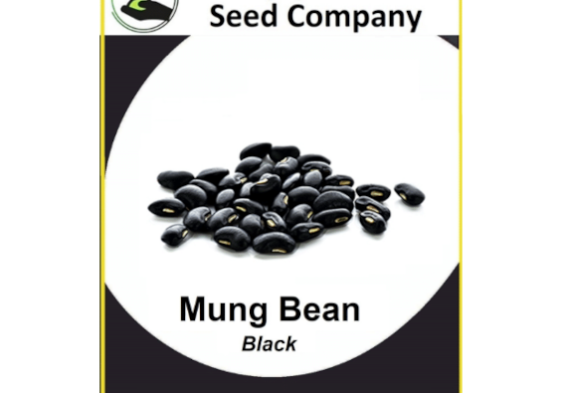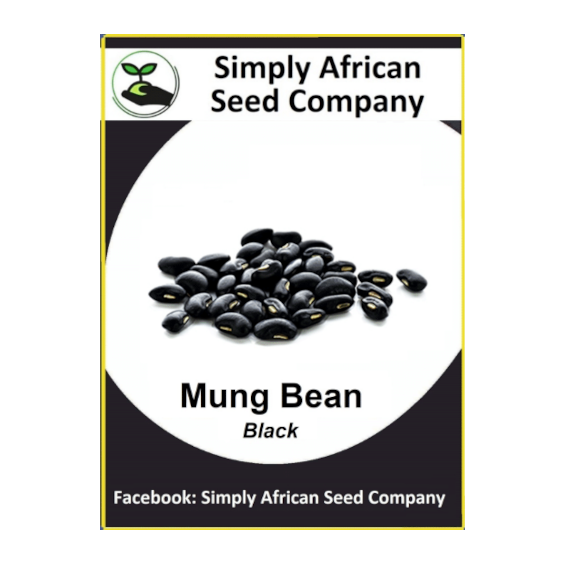HomeBeans Mung Black 30’s
-23% off


363 in stock
R26.00 Original price was: R26.00.R20.00Current price is: R20.00.
Mung beans make a great addition to stews, soups, curries, and salads. They can be used as beans or spouted to make the well-known bean sprout used in salads. When growing mung beans, the home gardener should use the same cultural practices used for green bush beans, except that the pods will be left on […]
Every seed variety undergoes organic cultivation and self-testing on our South African, Botswanan, Zambian, and Tanzanian farms. Our commitment lies in offering a diverse selection of organically grown, open-pollinated, Non-GMO seeds, proudly produced and acclimated locally.
Before planting, please verify the conditions in your area suitable for the specific seed type. Growth rates and germination times hinge on various factors like soil conditions, rainfall/watering patterns, climate, and more. The outcome of growth and harvest may be influenced by these conditions.

Every seed variety undergoes organic cultivation and self-testing on our South African, Botswanan, Zambian, and Tanzanian farms. Our commitment lies in offering a diverse selection of organically grown, open-pollinated, Non-GMO seeds, proudly produced and acclimated locally. Before planting, please verify the conditions in your area suitable for the specific seed type. Growth rates and germination times hinge on various factors like soil conditions, rainfall/watering patterns, climate, and more. The outcome of growth and harvest may be influenced by these conditions.